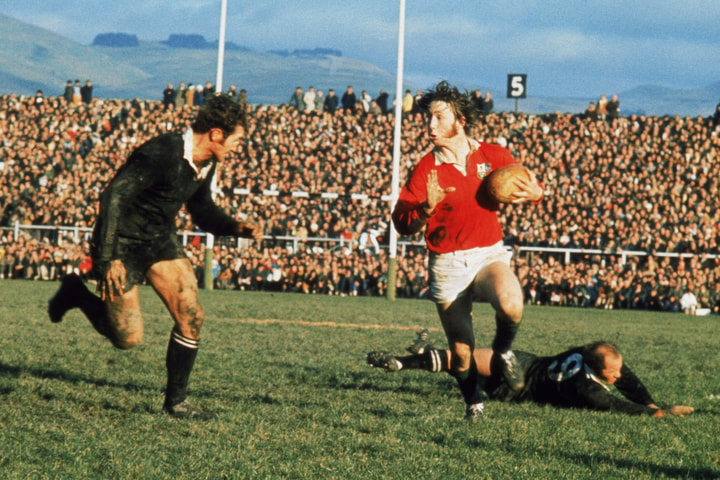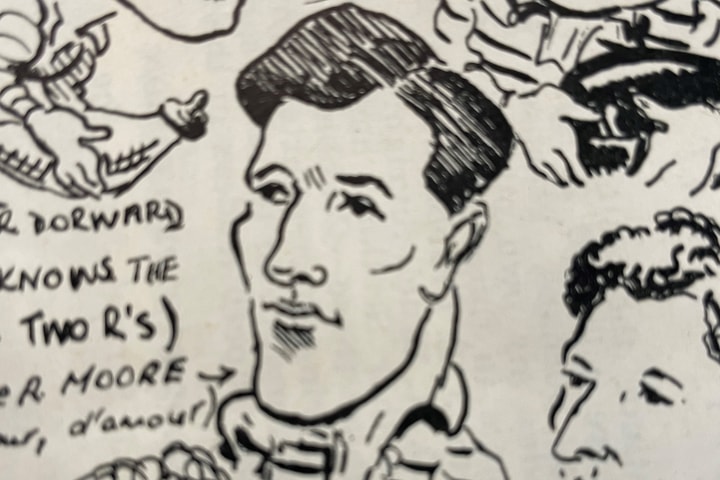The following article is an exclusive from Paddy Lennon, author of London Irish -125 years of passion in exile.
While the town of Letterkenny in County Donegal in the north-west of Ireland cannot be described as the heartland of rugby in that island, it was in a village near that town that a man who had a major influence on the development of the game in New Zealand was born. His name was Dave Gallaher and this is the story of his career and connection with London Irish RFC.
Dave Gallagher was born in the village of Rathmelton, County Donegal in October 1873. Five years later in May 1878, like so many of their fellow countrymen and women, the Gallagher family left an Ireland still suffering from the devastating impact of the Great Famine (1845-1851) to seek a new life in New Zealand. Their first destination was that country's North Island, a small town called Katikati on the Bay of Plenty. Shortly after their arrival they changed the spelling of their name to Gallaher to avoid confusion over spelling and pronunciation.









